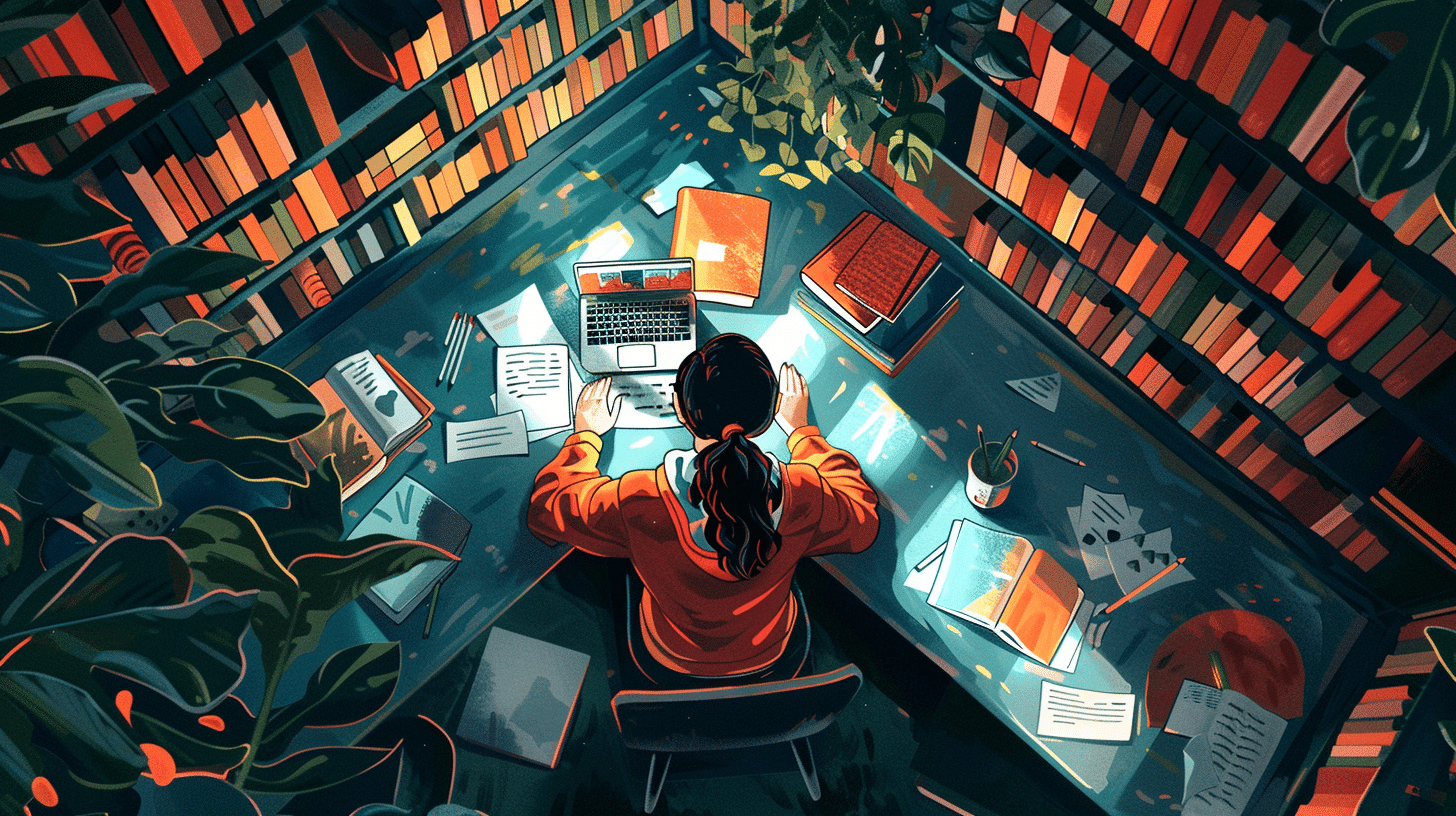Pick a language and start learning!
Future simple vs future continuous Exercises in Belarusian language

Understanding the difference between the future simple and future continuous tenses is crucial for mastering the Belarusian language. The future simple tense is typically used to describe actions that will occur at a specific point in the future, often without any additional context or ongoing nature. For example, you might say "Я прачытаю кнігу" (I will read a book) to indicate a single, completed action. On the other hand, the future continuous tense describes actions that will be ongoing at a particular time in the future. For instance, "Я буду чытаць кнігу" (I will be reading a book) suggests that the action of reading will be happening over a period of time.
In Belarusian, like in English, the choice between these two tenses can change the meaning of a sentence and provide important context. Future simple tense is formed by using the future conjugation of the verb, while the future continuous tense employs the auxiliary verb "буду" (will be) followed by the infinitive form of the main verb. By practicing these tenses, you will gain a better understanding of how to convey different nuances of time and action in Belarusian. The exercises in this section are designed to help you differentiate between these two tenses and use them correctly in various contexts.
Exercise 1
<p>1. Я *буду рабіць* хатнія заданні ўвечары (to do homework in the evening).</p>
<p>2. Наступным летам мы *будзем адпачываць* на моры (to rest at the sea next summer).</p>
<p>3. Яна *будзе чытаць* кнігу, калі ты прыйдзеш (to read a book when you come).</p>
<p>4. Я *буду сустракацца* са сваімі сябрамі ў выходныя (to meet with friends on the weekend).</p>
<p>5. Мы *будзем працаваць* над праектам увесь дзень (to work on a project all day).</p>
<p>6. Ён *будзе глядзець* тэлевізар, калі яго бацькі вернуцца (to watch TV when his parents return).</p>
<p>7. У наступным месяцы я *буду вучыцца* новай мове (to learn a new language next month).</p>
<p>8. Яны *будуць адпраўляць* лісты заўтра раніцай (to send letters tomorrow morning).</p>
<p>9. Я *буду рыхтаваць* абед, калі ты прыйдзеш дадому (to cook lunch when you come home).</p>
<p>10. Мы *будзем глядзець* фільм у нядзелю (to watch a movie on Sunday).</p>
Exercise 2
<p>1. Я *буду чытаць* кнігу вечарам (verb for reading).</p>
<p>2. Яны *будуць глядзець* тэлевізар, калі ты прыйдзеш (verb for watching).</p>
<p>3. Мы *будзем гуляць* у футбол у суботу (verb for playing).</p>
<p>4. Ён *будзе рабіць* хатняе заданне, калі маці вернецца (verb for doing homework).</p>
<p>5. Я *буду пісаць* ліст, калі ты патэлефануеш (verb for writing).</p>
<p>6. Яна *будзе вучыцца* ў бібліятэцы заўтра (verb for studying).</p>
<p>7. Мы *будзем адпачываць* на моры ўлетку (verb for relaxing).</p>
<p>8. Яны *будуць сустракацца* з сябрамі на наступным тыдні (verb for meeting with friends).</p>
<p>9. Ты *будзеш спаць* да дванаццаці гадзін (verb for sleeping).</p>
<p>10. Я *буду рыхтаваць* вячэру, калі ты вернешся (verb for cooking).</p>
Exercise 3
<p>1. Завтра ўвечары я *буду чытаць* кнігу (verb for reading).</p>
<p>2. Мы *пайдзем* на канцэрт у суботу (verb for attending an event).</p>
<p>3. Яна *будзе пісаць* ліст у 8 гадзін вечара (verb for writing).</p>
<p>4. Ці *сустрэнешся* ты са сваімі сябрамі ўвечары? (verb for meeting).</p>
<p>5. Наступным летам мы *будзем адпачываць* на моры (verb for relaxing).</p>
<p>6. Я *прыеду* да цябе праз гадзіну (verb for arriving).</p>
<p>7. Мы *будзем гуляць* у футбол у парку заўтра (verb for playing).</p>
<p>8. Яны *паедуць* у Мінск на наступным тыдні (verb for traveling).</p>
<p>9. Ён *будзе працаваць* над праектам увечары (verb for working).</p>
<p>10. Ці *будзеш ты глядзець* новы фільм сёння ўвечары? (verb for watching).</p>







